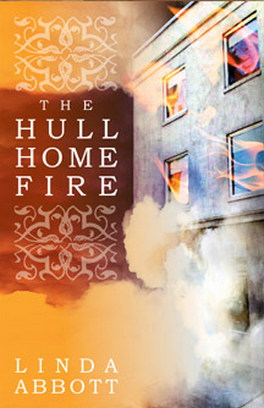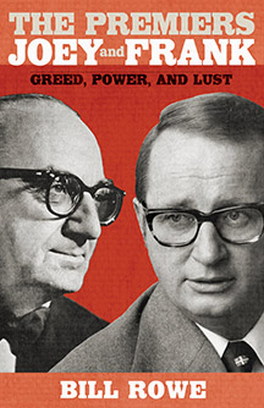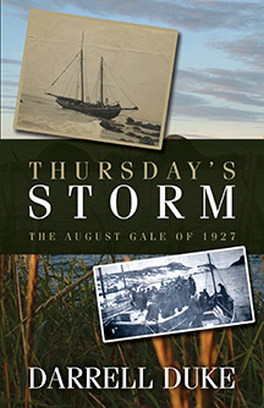Allan Square is a dark yet humorous coming-of-age story about a young girl growing up during the 1940s and 1950s in one of the roughest neighbourhoods in St. John’s. Shirley Murphy was only seven years old when her father died and life as she knew it changed forever. Poor and often hungry, she lived with an alcoholic stepfather, a combative mother, and four brothers who treated her the way only brothers can. In Allan Square, Shirley vividly describes attending wakes at the homes of the deceased (for the food), trading kisses with ushers for admission to the Capitol Theatre, soaking up the sights and sounds of Water Street, and surviving a dysfunctional family in the St. John’s urban playground of Livingstone Street, Allan Square, Theatre Hill, and Queen’s Road. From adventures in a school run by strict and unforgiving nuns, to heated battles with an angry mother, to nightly Acts of Contrition, this memoir is Shirley Murphy’s laugh-out-loud tale of childhood antics and misspent youth in Newfoundland and Labrador’s capital city.
There is one sure thing that can be said about Newfoundland, it is unforgettable. Anyone born there remains a Newfoundlander, first and foremost.
It’s said that Newfoundlanders are always easy to spot in Heaven. They’re the ones who keep nagging God to let them go back home. Who could blame those disconnected spirits for wanting to return home? Where else will they find a stranger who feels like family? Where else will they find a stranger who often turns out to be family?
Sometimes entire families wound up leaving lives in Europe, heading across a treacherous ocean to a place where the only life thriving was in the waters teeming with fish. Settlement was not allowed on the Island of Newfoundland way back in the early days. The fishermen gave their labour and made merchants richer. Some intrepid souls literally “took to the hills” and began new lives in a hard new land. Some were rooted out and punished; some kept right on clinging to the rocks.
My mother’s people started their new lives in Red Rock, Bonavista Bay. It was a far cry from poverty-stricken lives in Ireland to poverty-stricken lives clinging to the rocks of Newfoundland.
My father’s family also came from Ireland. They went to St. John’s and clung to those rocks until they packed up lock, stock, and barrel and moved to New York in the 1920s. My father went with them but came back to Newfoundland. He was on board the boat again intending to go back to his family when he suddenly decided he really didn’t want to leave my mother. He jumped from the boat to the dock and never saw his family again.
So my parents began their married life in the Dirty Thirties, the age of the Great Depression. Newfoundland’s society before Confederation was one of the “haves and have-nots.” The Depression was almost an equalizing force in that it slightly narrowed the gulf between the two sets of society. Poverty was rampant all over the world, and the great Island in the Atlantic was no different.
Before Confederation with Canada in 1949, there was no social safety net available. The dole, at not even ten cents a day, is almost laughable, but there was nothing funny about it at the time. It was all some souls had to help them survive.
My parents were very good people, good people living in bad times. As my mother used to say when coming out of a particularly rough day, week, month, or year, “Live hard, die hard, and go to hell after all!”
[Allan Square] is a dark but very funny account of growing up in the 1940s and 1950s in what was then a rough neighbourhood.-- The Telegram --
Allan Square is also an absorbing tale of stubborn survival by an individual who posses the ability to see the humor in the darker aspects of poverty.-- Suite101.com --
Forthright and humorous . . .-- The Packet --
Murphy vividly evokes the grimy, gritty town I remember from my own youth . . .-- The Telegram --
A poignant story of a life.-- The Chronicle Herald --
Peppered with [Murphy's] trademark sense of humour.-- Clarington This Week --
[Shirley Murphy's] writing style is conversational and straight forward, and fortunately she manages to infuse even the dark memories with a touch of humour.-- Atlantic Books Today --
This book is compulsively readable and arranged in short chapters, full of momentum.-- Newfoundland Quarterly --



















